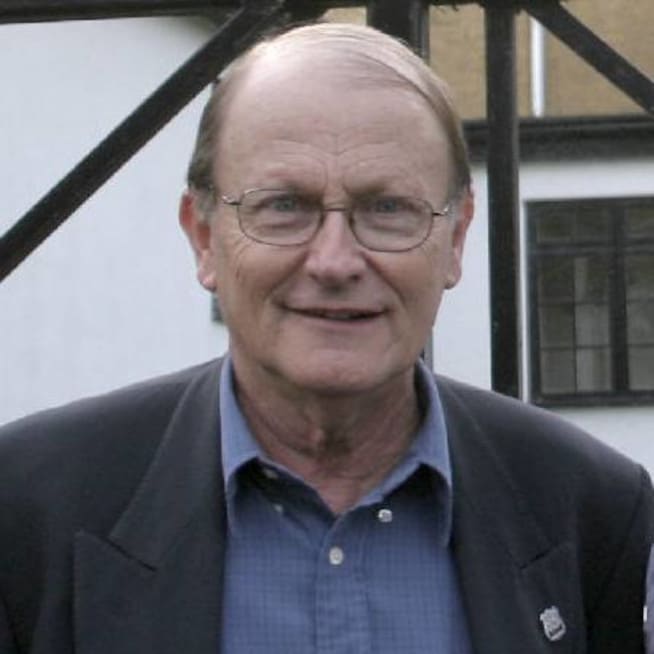Related Articles
Religious Situation Affects Outreach in Europe
Any generalization about Europe with its many languages, countries, ethnic groups, cultures, political regimes and religious traditions is bound-to be inaccurate. No one trend of any kind is ever to be found everywhere. In this article we will try to take the broadest possible sweep, while seeking to maintain a maximum of accuracy.
The Global Impact of George Verwer
By David Greenlee and Greg Kernaghan | George Verwer, founder of Operation Mobilisation, passed away on April 14, 2023. His impact in global missions reverberated far beyond the boundaries of OM. God used him to help shape its multicultural and multinational the future.
Why I have been weeping over the death of George Verwer
Are the values and assumptions of various cultures in conflict with adult learning principles, or are these principles culturally transferable?
Welcoming the Stranger
Presenter: Matthew Soerens, US Director of Church Mobilization, World Relief Description: Refugee and immigration issues have dominated headlines globally recently. While many American Christians view these…



